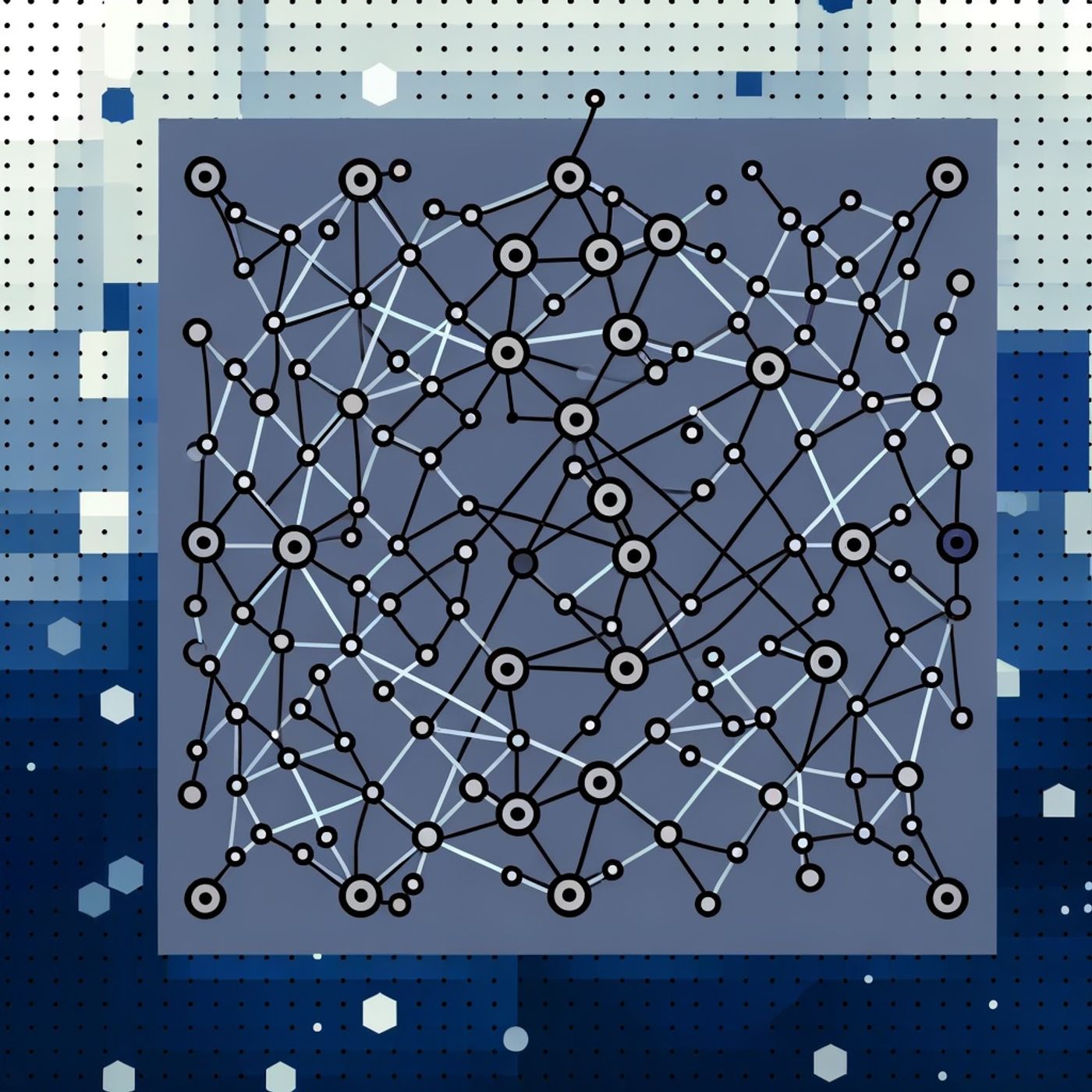Listen "Algorithmic Life in 2025: How AI Transforms Medicine, Art, and Society Through Groundbreaking Technological Innovation"
Episode Synopsis
Algorithmic life isn’t just a phrase for tech insiders; it’s the invisible force shaping the way we live, create, and connect in 2025. Algorithms are embedded in everything from the medical breakthroughs that restore sight to the blind at Stanford Medicine, where a wireless eye implant guided by smart glasses and complex code has let people with advanced macular degeneration read again, to the surge of generative AI tools that write, compose, and design across the globe. The tempo is accelerating and the line between what’s human-driven and what’s AI-mediated grows ever thinner. In Hollywood, AI-generated actors are already sparking controversy, with ABC News recently covering backlash over fictional personas like Tilly Norwood being considered for agency representation. This reflects both the promise and anxiety of algorithmic life: endless creative reinvention shadowed by uncertainty over authenticity and job security.Art is changing, too. According to a recent feature from The Emory Wheel, 61 percent of digital artists have experimented with generative tools and half say these tools nudged them into styles they’d never imagined. AI blends mathematical rules with artistic trial and error, allowing humans and algorithms to co-author works that stretch old boundaries. But with these breakthroughs come questions: Who owns AI-generated art? If an algorithm invents a new form, who claims the credit? Copyright laws are scrambling to catch up as conversations intensify around authorship, originality, and meaning.In computer science, the race to master complex algorithms continues to gather pace. UC Santa Barbara’s Daniel Lokshtanov and Princeton’s Maria Chudnovsky are building new theories about quasi-polynomial time algorithms with spotlight-breaking funding from the National Science Foundation. Their work, highlighted in UCSB’s The Current, is redefining what kinds of problems can be solved efficiently—impacting cryptography, AI, and the heart of digital security.Yet, algorithmic life requires oversight. According to recent reports on policy, states like Utah are amending AI laws to balance innovation with the need for algorithmic transparency and fairness. In health care, new AI tools are emerging that enhance data fairness, aiming to root out hidden biases and improve trust as these systems make ever more decisions for us.The dialogue on algorithmic life is no longer just academic or speculative—it’s the very fabric of modern society. Whether through AI-generated environments that respond to listener emotion or algorithms deciding what you see, hear, and even feel, the question isn’t if algorithms will shape your world, but how—and who gets to decide. Thanks for tuning in and don’t forget to subscribe. This has been a quiet please production, for more check out quiet please dot ai.Some great Deals https://amzn.to/49SJ3QsFor more check out http://www.quietplease.aiThis content was created in partnership and with the help of Artificial Intelligence AI
More episodes of the podcast The Algorithmic Life
AI Transforms Work and Decision Making: How Humans Are Becoming Active Partners in the Algorithm Era
01/01/2026
AI Reshapes Society in 2025: Media, Work, and Ethics Transformed by Algorithmic Intelligence
20/12/2025
Algorithms Shape Reality: How AI Transforms Human Experience from Personal Choices to Global Systems
18/12/2025
 ZARZA We are Zarza, the prestigious firm behind major projects in information technology.
ZARZA We are Zarza, the prestigious firm behind major projects in information technology.
